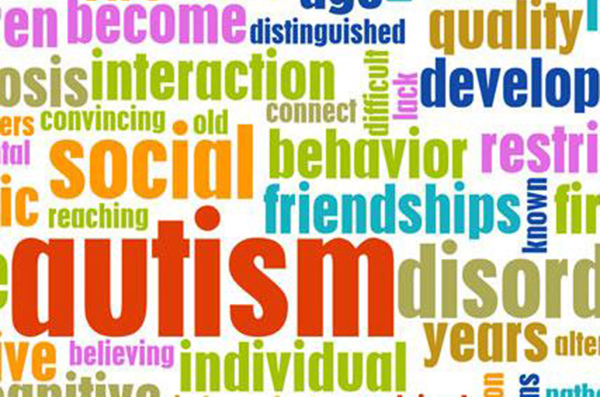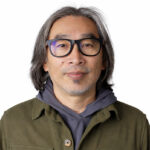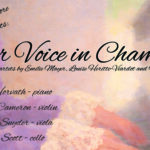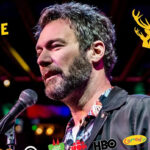Home »

Autism: a crippled definition
Life on Hold: A Child’s Journey Out of Autism
By Rae Stone
There is a formal definition of autism, which usually coincides with meeting certain criteria as set forth by what is called the DSM-IV. Throughout my journey I found a definition of autism that is more realistic; Jerry Kartzinel, M.D. states that autism is simply the abnormal response to every day stimuli. These stimuli are routine, such as a child not responding when his name is called, not responding appropriately to the senses, not responding to hunger or thirst. Children with autism have a tendency to develop stereotypical repetitive behaviors (stimming), moving their arms, their hands, flapping, odd movements and gestures. They do not develop normal toy play. They become very repetitive and they can be very obsessive-compulsive, perseverative and anxious.
My son was addicted to opening and closing doors, he would scream if his food was not in a blue bowl, would not sit in the car if the windows were rolled down and could recite directions on how to travel anywhere in the city. He did not sleep through the night, would only sleep with certain stuffed animals, lined up his cars in meticulous rows and I had to remove every tag off every shirt. I would lose my mind every morning hearing him scream; I would give in and let him have his way. It was exhausting.
Everyone has their own definition of what Autism is; Neurologists will call it a genetic neurological disorder. I call it a toxic overload. Gastroenterologists, gut doctors, might call it a viral issue. Immunologists will say it is only an immune issue. I believe in some way we are all correct. I only wish as a mother that each “side” would open up to examine the possibilities that autism can happen in many different ways and can be triggered by environmental assaults. Why is it so hard to believe that toxins can have an effect on our brains? We get headaches when we smell strong chemicals and we know many of them cross the blood-brain barrier. Why is it so hard to acknowledge that viruses, bacteria or yeast that is stuck in the gut or brain can cause severe neurological problems?
Unfortunately, most of our medical community only focuses on the psychiatric types of behaviors: OCD, anxiety, DMS-IV criteria but we must also include the self-injurious behaviors; allergies, gastrointestinal inflammation, constipation, diarrhea, recurrent bacterial infections. Many times, these physical signs and symptoms are dismissed as just being part of ‘autism.’ But in fact, research has stated that when you address the underlying medical conditions, autistic behaviors improve dramatically.
I am by no means a doctor, but I am a mother and I have seen recovery not only in my own son but in many other children along the way. My son was one of the lucky ones. I still see glimpses of autism behavior but, nowhere near the frequency or severity that once was. I accredit our success and my son’s recovery first and foremost with our pediatrician.
Instead of our pediatrician stating that he knew everything about the disorder and bombarding us with prescription medication, he humbly stared at me and said “I am not an expert on autism, some of the medical community does not support alternative therapies, but I personally have seen results. Talk to other parents, read everything you can and explore other therapies.”
So I left his office and that became my mission. I have a great team behind my son and although I have chosen one path, I am not stating that what worked for my child will work for every child. The experience of one child should not influence another parent’s approach, except to reinforce the concept that nothing is 100 percent concrete in medicine. Along the same lines, hope must always prevail, whether treating Autism Spectrum Disorders, cancers, heart disease etc. Knowledge and support are key. If I were given a diagnosis of cancer I would want all information I could find to best make my decision on what course to proceed with. Why would we not do the same for our children?
In the meantime, I hope more and more parents speak up when they see their child go from normal to sick in the first few years of life. I hope more parents question and investigate WHY their children have asthma, severe allergies, seizures and WHY their children have developed autism. We must question it, be proactive and find a solution. We must not be embarrassed or feel inferior. Parents have been healing their children for decades. I hope the story of my family’s journey will inspire, challenge people to think and open their minds. Mainstream thinking only gets us so far in our lives sometimes we have to veer off the path to find other solutions.
Rae Stone is a Mother. Advocate. Author.







